Is Your Skin Stressing You Out?
The bad news: Your anxiety over aging could be causing wrinkles, zits, and blotchy spots. The good news: You can - and must - relax.
The bad news: Your anxiety over aging could be causing wrinkles, zits, and blotchy spots. The good news: You can--and must--relax
The yoga class I'd signed up for to unwind was doing just the trick--that is, until the instructor stopped in front of me during corpse pose and told me to relax. "Try to cut the imaginary string that's furrowing your brows together," she whispered. "You're getting a stress wrinkle." Stress wrinkle? I wanted to tell this guru to namaste out of my business, but I had a hunch she was right. It doesn't take a genius to realize that the kind of stress that drives us to yoga class--or a third Diet Coke or checking our e-mail from bed--isn't good for our skin, but it may be more serious than we realize. "There are very few skin conditions that stress doesn't exacerbate: among them dryness, acne, rosacea, eczema, sensitivity, redness, and wrinkles," says Boston dermatologist Dr. Ranella Hirsch. It may even play a role in the development of skin cancer, as suggested by a 2005 National Cancer Institute study in which stressed-out mice (who moved my cheese?!) were less immune to the effects of UV light and so developed skin cancer more rapidly than their nonstressed peers. If that isn't stressful enough to consider, know that "in extreme cases, stress can even mess with your hormones enough to cause villous hair growth," aka a layer of facial peach fuzz, according to New York City dermatologist Dr. Patricia Wexler.
THE STRESS CYCLE
The way stress affects your skin is that when you're tense, your brain releases cortisol, a stress hormone, into your bloodstream. That tells oil glands to ramp up production, leading to breakouts. Stress also dilates blood vessels, which causes redness and aggravates rosacea. Another side effect is skin becomes dehydrated, sensitive, and more susceptible to damage. Besides causing lines from furrowing your brow, stress also makes you look markedly older. We already lose 1 percent of our skin's collagen supply every year after we hit age 20, but stress can accelerate that. "Younger women are coming into my office with wrinkles and older ones are still fighting acne. These issues are caused in large part because patients are more stressed out than they were even five years ago," says California dermatologist Dr. Howard Murad. Some triggers are relationships, money, work, and family, according to Hirsch, but Murad also sees a rise in "cultural stress--the feeling that women expect perfection from themselves in all areas at all times. We all know that stress is unhealthy for your heart and brain, but it's just as bad for your skin." Repairing it works best with a dual-pronged approach that incorporates internal and external fixes.
SKIN-DEEP: TOPICAL SOLUTIONS
Since stress marks everyone's skin differently, the first step is to take note of how your face reacts during the two weeks surrounding a high-stakes work presentation or a fight with your sister.
· BREAKOUT BUSTERS
For those whose skin reacts with greasiness and breakouts, the key is exfoliating to unclog pores that can harbor bacteria. "Instead of a gritty scrub exfoliant, which can cause further redness, use a product with lactic acid, which hydrates as it removes dead skin cells," says Baltimore dermatologist Dr. Noëlle Sherber. "Then follow with an oil-absorbing kaolin clay mask." (The Kinara Red Carpet Facial Kit includes both steps.) Spot treat blemishes with a salicylic acid gel. But if your acne comes with sensitivity and patches of dryness, the standard over-the-counter routine won't benefit you as much as a trip to the derm's office. In those cases, Wexler recommends Isolaz, an acne-fighting light therapy, with a salicylic acid infusion to brighten skin and clear acne. Another in-office treatment is an antioxidant-rich glycolic acid peel, such as Vivité, paired with blue-light treatment. "The light waves kill acne-promoting bacteria underneath the skin without causing dryness or irritation," says Sherber.
· DRYNESS RELIEF
Stay In The Know
Get exclusive access to fashion and beauty trends, hot-off-the-press celebrity news, and more.
If your skin goes to the other extreme with dryness, flaking, peeling, redness, sensitivity, rosacea, or eczema, you're not alone: A study in the Journal of Investigative Dermatology found that when women experience psychological stress, their skin becomes more easily dehydrated, even leading to eczema. Try products with ceramides and hyaluronic acid. "They absorb water and surround each dead skin cell with lipids, making the cell more able to hang on to water," says Murad. For daytime, use SkinCeuticals Hydrating B5 Gel with hyaluronic acid or Clinique Redness Solution Daily Relief Cream, which contains caffeine and glycine to reduce redness and inflammation. For evening, treat with CeraVe Facial Moisturizing Lotion PM, since it has both hydrat-ing acid and ceramides. Another temporary skin soother is "a nightly 20-minute bath--that's not superhot!--before you apply a moisturizer," says Sherber. "For patients with stress-related dryness, it hydrates the skin and also builds in time to unwind." For your body, swap your traditional cream for one of Darphin's Aromatic Care Oils; they moisturize just as well, plus offer relaxing aromatherapy benefits.
· WRINKLE REPAIR
For lines, sallow skin, and other visible signs of aging, you want to help skin fight back against free radicals and environmental damage with antioxidants. Murad's favorites are products that contain pomegranate extract and vitamin C, like his Essential-C Daily Renewal Complex. The next step up is a chemical peel to reveal your newer, younger skin below. Or check in with your doctor to bring in the big guns: fractionated laser treatment to brighten dull, wrinkled skin and up collagen production. Sunscreen is even more important than usual, since when you're stressed, "the dead cell layer on the skin's surface becomes thin, with microscopic holes in it," which can't protect as well against aging UV rays, says Murad.
INTERNAL AFFAIRS: LIFESTYLE FIXES
Sure, topical treatments can offer temporary benefits, but you can slather on as much retinol as you want and still create a forehead crevasse if tension keeps your heart rate on par with that of a neurotic hummingbird. Experts agree that some of the most effective long-term ways to improve your skin are to chill out and to drink more water, though they offer a variety of methods for finding your Zen place.
· REALISTIC GOALS
"It's very easy for me to tell a patient to reduce her stress, but it's not so easy for her to go home and do that," says Hirsch. "The most critical step is realizing what your stress triggers are and then creating a plan for dealing with them. That could mean setting specific times twice a day to check your e-mail inbox, taking a weeklong Twitter holiday, or outsourcing what projects you can. It is really helpful to set limited, achievable goals so you don't always feel like you're falling behind. You may not clean all the closets in your house, but maybe you can organize your sweaters for winter."
· STRESS-FREE EATING
Crazy-high expectations for yourself and being obsessed with perfection are a recipe for stress that many people handle with a bag of chips or a brownie. No, chocolate doesn't cause acne, but "processed foods can worsen skin by causing inflammation," says Murad. Instead, reach for snacks that can actually improve your complexion, like raw fruits and vegetables, thanks to their antioxidants and anti-inflammatory benefits. (The fact that they'll keep you in your current jeans size is a double bonus.) "If you have redness, stay away from spicy food and shellfish, since they can cause blood vessels to flare," says Wexler. A good bet is whole-grain crackers or pasta. "To encourage collagen production, I eat whole grains plus foods rich in amino acids, like eggs, beans, and seeds. Eating cold-water fish and almonds, which contain omega-3's, will help dry skin," says Murad.
· TOUCH THERAPY
Murad also recommends ways to reduce stressed-out skin that are more touchy-feely--literally. "Hands-on therapies like Reiki, craniosacral bodywork, and even hugging a friend help. I actually refer my patients to get massages," he says. Other experts recommend visual imagery of your "happy place," behavioral modifications like tensing and then relaxing each area of your body one by one, and doing yoga--so long as you get a teacher who doesn't point out your wrinkles.
-
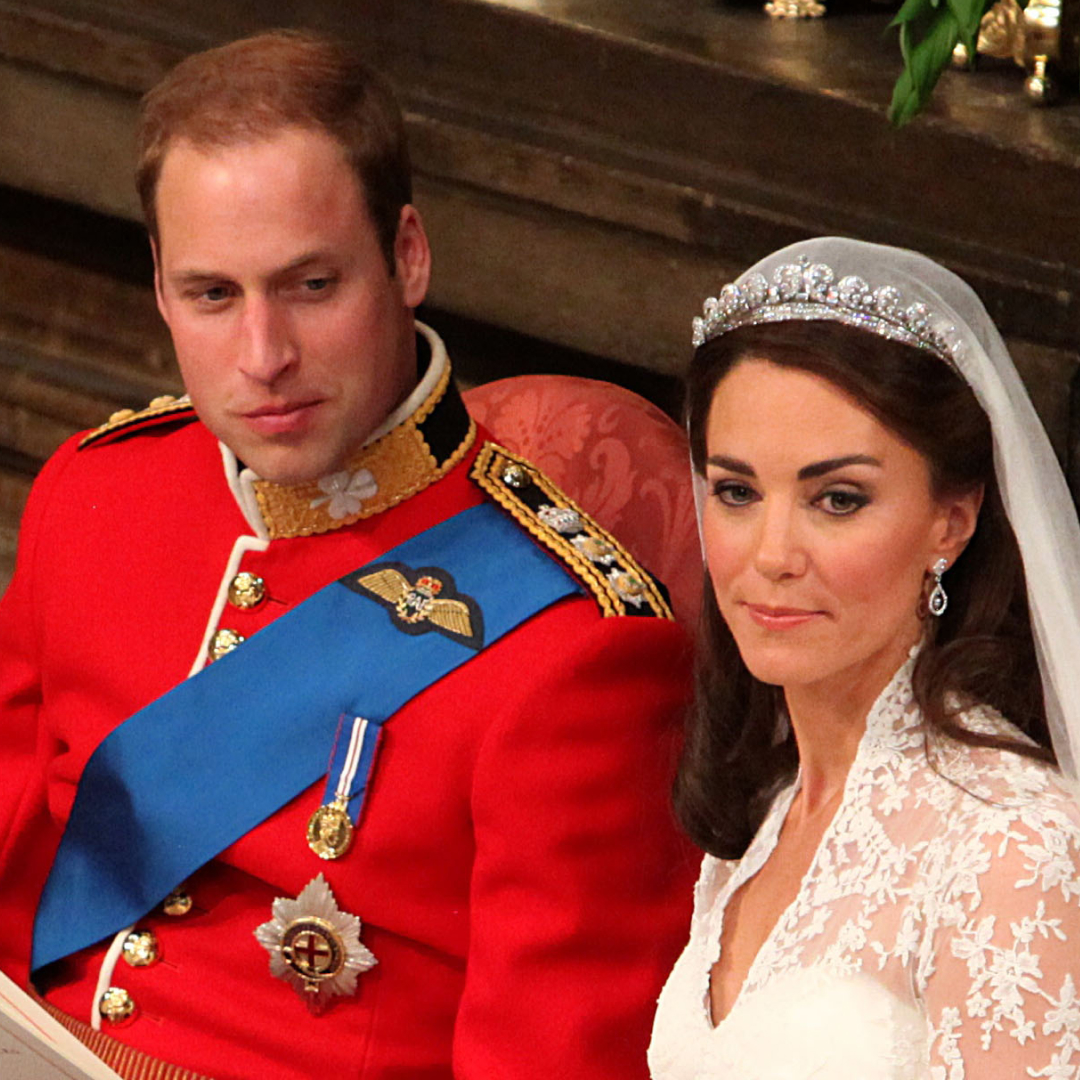 Why Prince William's Exes Attended His Wedding to Kate Middleton
Why Prince William's Exes Attended His Wedding to Kate MiddletonThe exes were invited "due to a more peculiar upper class British tradition."
By Amy Mackelden
-
 Why Prince William "Stepped in" for King Charles at the Pope's Funeral
Why Prince William "Stepped in" for King Charles at the Pope's FuneralThe seating plan was described as a "master plan" of "big egos."
By Amy Mackelden
-
 A Vintage Fendi Baguette Is Bella Hadid's Plus-One
A Vintage Fendi Baguette Is Bella Hadid's Plus-OneThe model paired her skintight capri jumpsuit with pointed-toe heels.
By Amy Mackelden
-
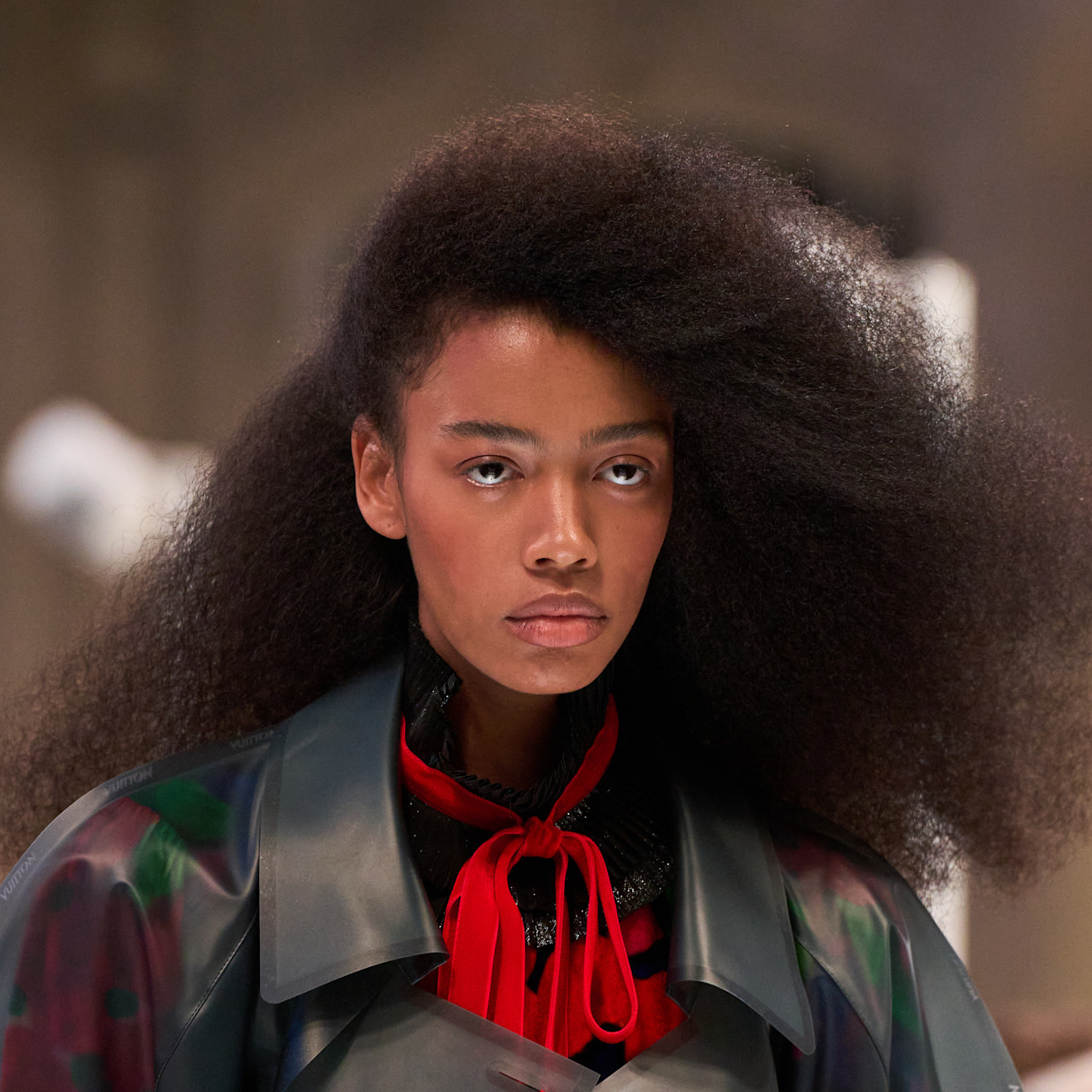 Everything You Need to Know About Marie Claire’s Skin and Hair Awards
Everything You Need to Know About Marie Claire’s Skin and Hair AwardsCould your brand survive an editor testing session?
By Ariel Baker
-
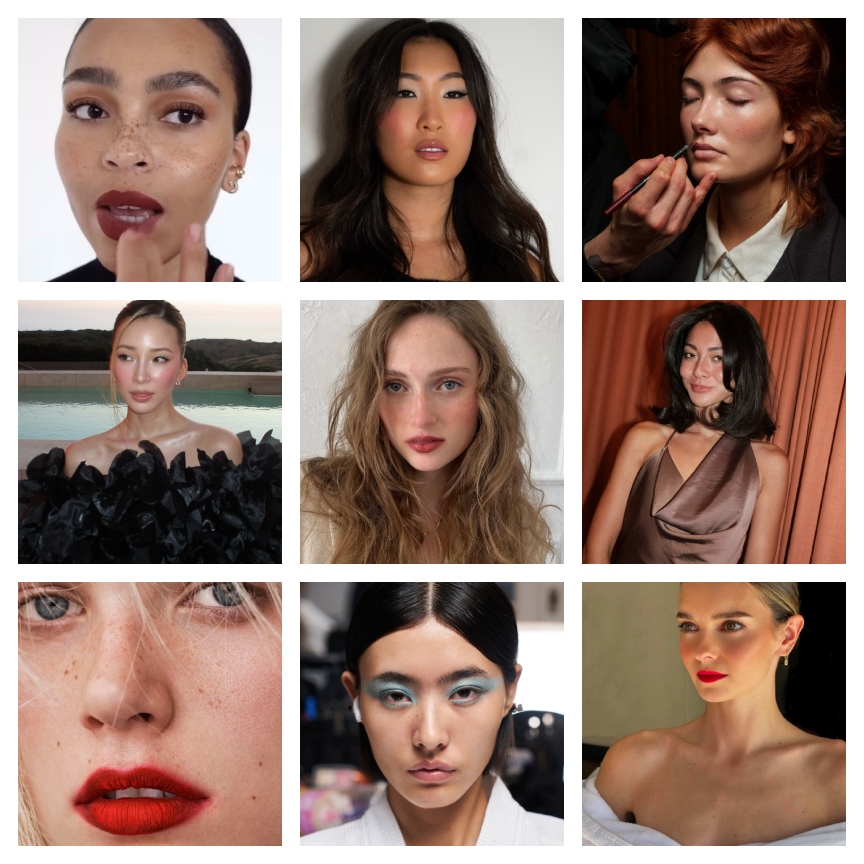 The 11 Best Spring Makeup Trends Are Sexy, Sensual, and Perfectly Luminous
The 11 Best Spring Makeup Trends Are Sexy, Sensual, and Perfectly LuminousIt's dew or die time.
By Jamie Wilson
-
 Simone Ashley’s Indie Sleaze Glam Is a Cool-Toned Dream
Simone Ashley’s Indie Sleaze Glam Is a Cool-Toned DreamThe actor was spotted in New York City looking like the epitome of cool-toned beauty.
By Ariel Baker
-
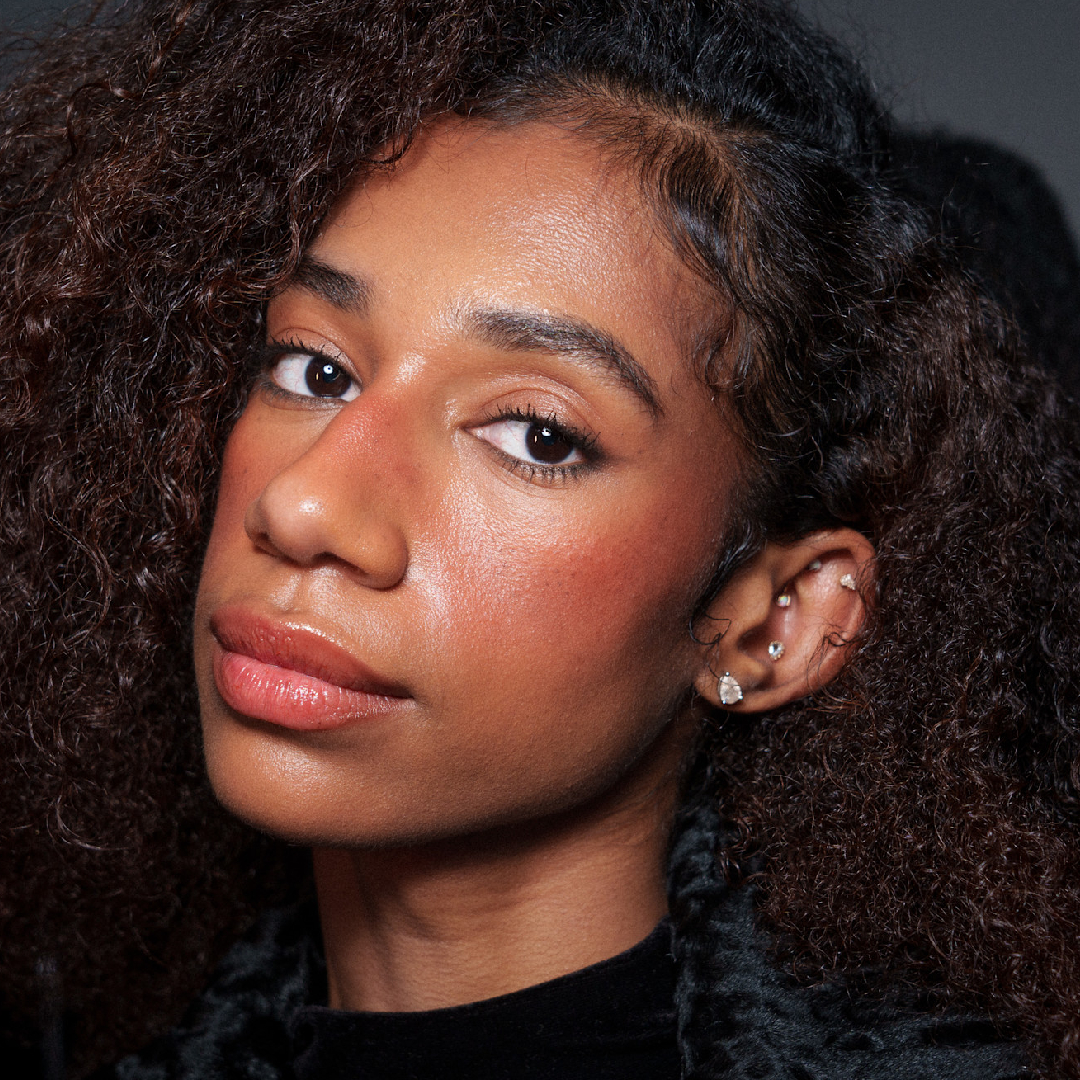 The 10 Best Hair Growth Shampoos of 2025, Tested by Editors
The 10 Best Hair Growth Shampoos of 2025, Tested by EditorsExpensive and healthy-looking hair on lock.
By Marisa Petrarca
-
 New York Fashion Week’s Fall/Winter 2025 Best Beauty Moments Are a Lesson in Juxtaposition
New York Fashion Week’s Fall/Winter 2025 Best Beauty Moments Are a Lesson in JuxtapositionThe week's best beauty looks were a maximalism master class.
By Ariel Baker
-
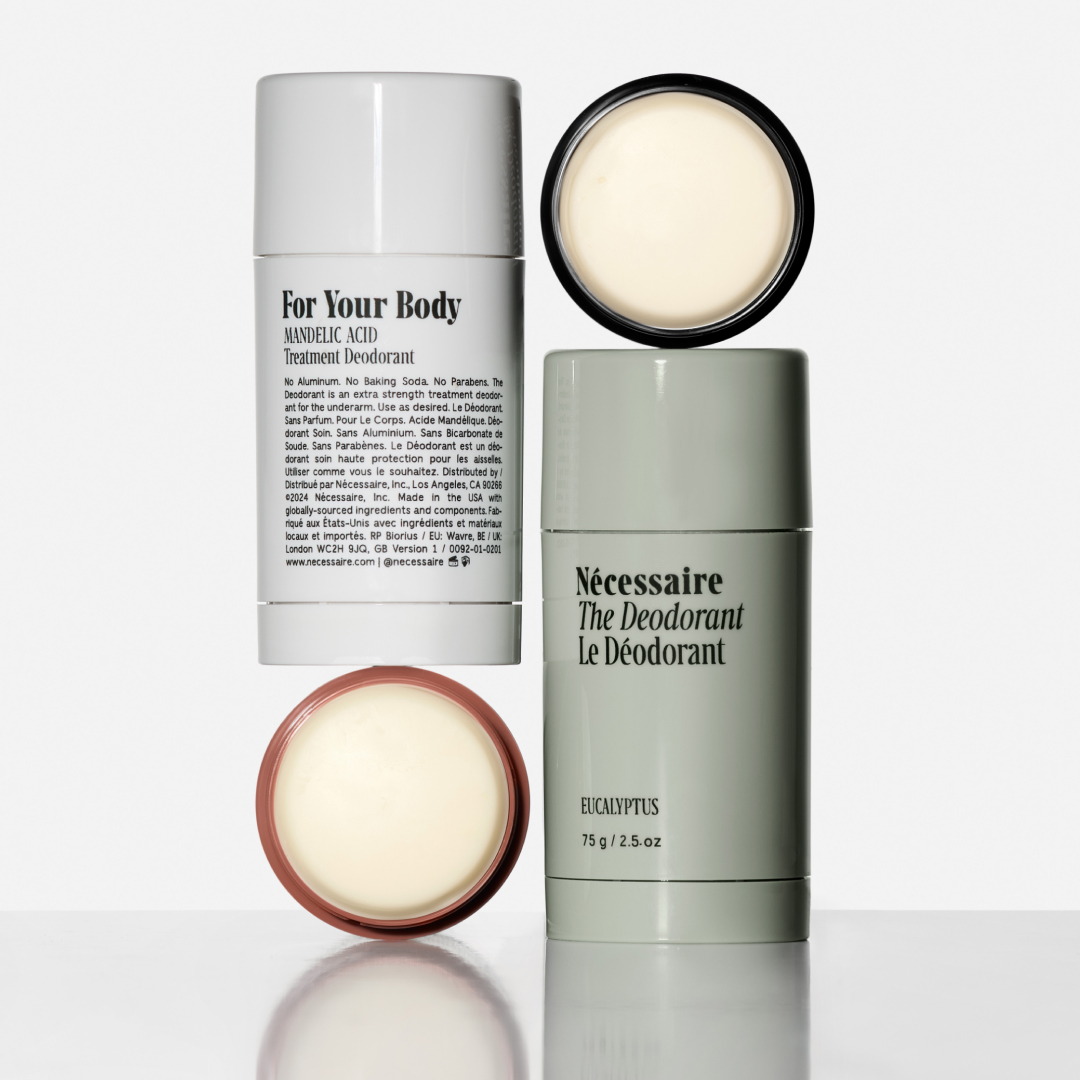 Nécessaire's Extra-Strength Deodorant Outlasts an Editor's Sweatiest Test: Fashion Week
Nécessaire's Extra-Strength Deodorant Outlasts an Editor's Sweatiest Test: Fashion WeekEven with my hectic schedule, I've never smelled better.
By Halie LeSavage
-
 Lily-Rose Depp’s Cool-Toned Makeup Is So ‘90s Coded
Lily-Rose Depp’s Cool-Toned Makeup Is So ‘90s CodedClean girl meets grunge.
By Ariel Baker
-
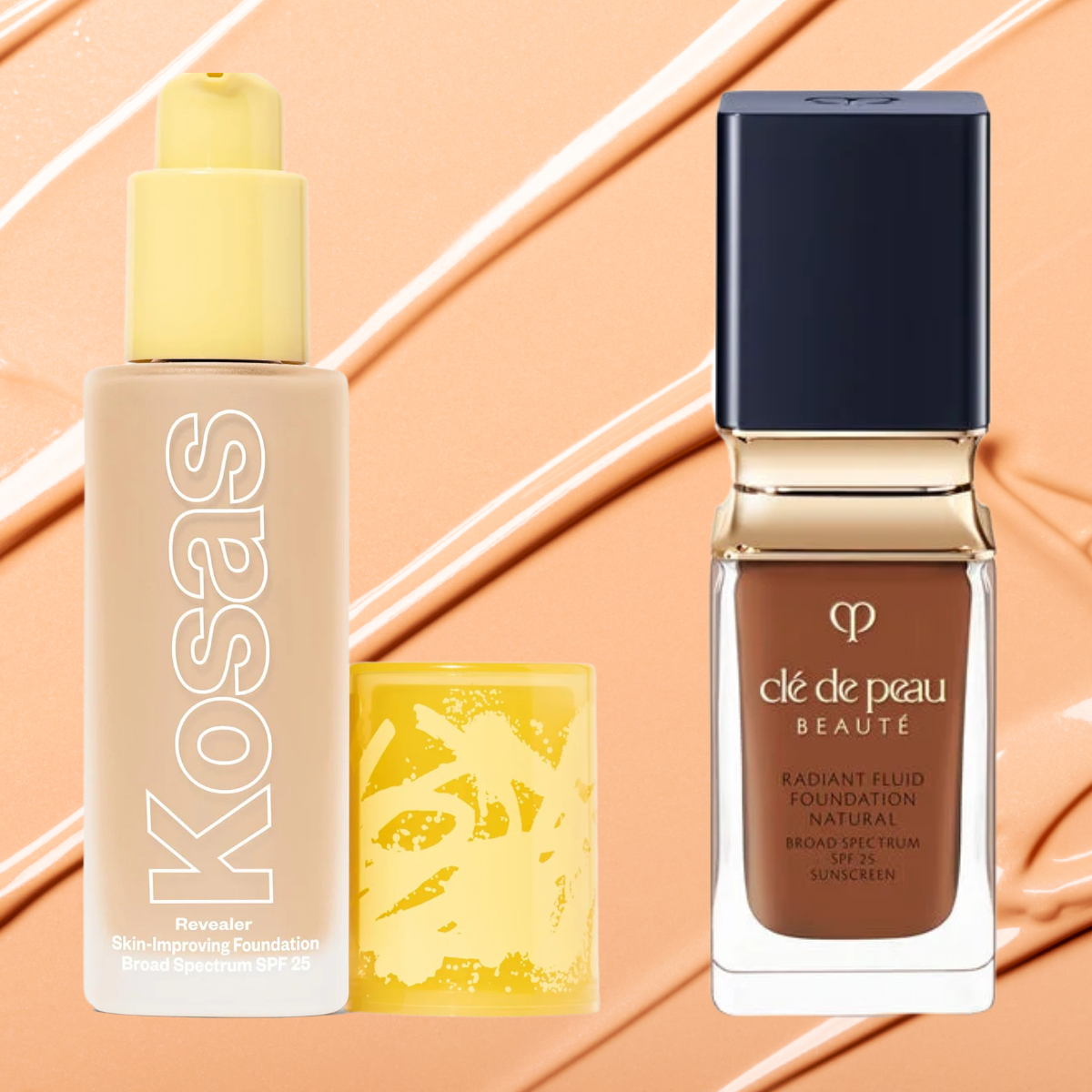 The 15 Best Foundations for Mature Skin, Tested by Women Over 50
The 15 Best Foundations for Mature Skin, Tested by Women Over 50It's perfect for mature complexions.
By Siena Gagliano